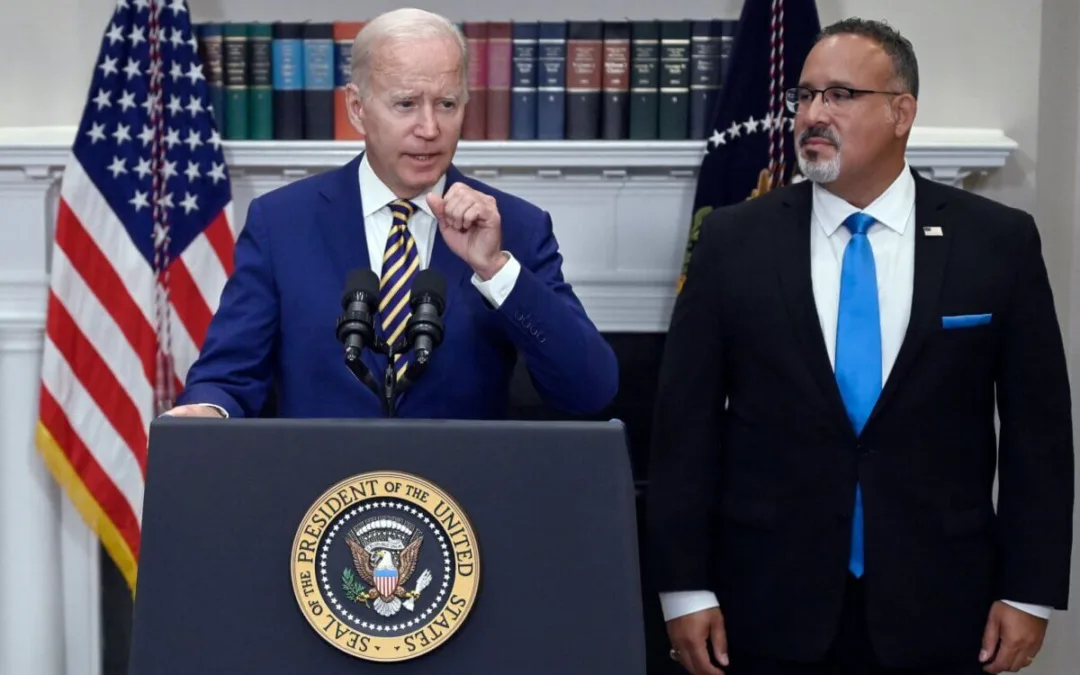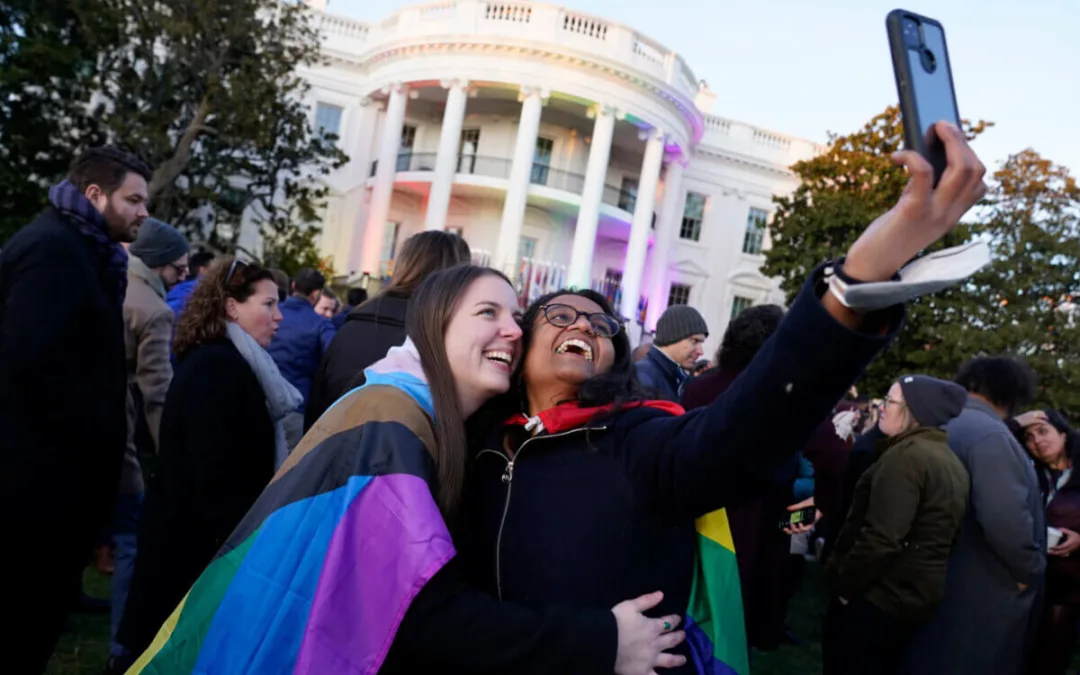
Image via Shutterstock
“Little has been done that actually addresses this as a systemic issue that is discriminatory and hurtful to entire populations of youth.”
Black and Latino students are disproportionately underrepresented in gifted education programs across the country, according to a study conducted by Marcia Gentry, professor of Educational Studies and director of the Gifted Education Research and Resource Institute at Purdue University.
After Gentry and colleagues examined census data from the Office of Civil Rights regarding gifted students from every US public school, they found not only that underrepresentation of Black and Latino youth has been a problem for decades, but, according to the most recent analysis, that it continues to this day.
“Little has been done that actually addresses this as a systemic issue that is discriminatory and hurtful to entire populations of youth,” Gentry told The Americano.
What Holds Them Back
Poverty plays a crucial role when it comes to identifying the students who can benefit from the special programs that help them develop in areas—from science to the arts—in which they show potential and talents.
“Students who attend high-poverty schools are identified at only 58% the rate of their counterparts who attend non-high-poverty schools,” Gentry said. These are defined as Title I schools where more than 40% of their students are eligible for federal meal subsidies.
RELATED: Latinos and Black Americans Would Benefit from Biden’s Student Debt Relief Plan
However, poverty is not the only issue holding these students back. Another reason is that teachers, the majority of whom are white, are less likely to nominate Black and Latino youth than they are to recommend White and Asian students.
“Underrepresentation of Black and Brown youth exists by race alone, and then, because more Black and Brown youth live in poverty or attend high poverty schools (or both), poverty exacerbates their underrepresentation,” Gentry said.
A Cost to Society
“Children need opportunities to see themselves and others who look like them in programs for high ability students. If the gifted class consists of only or mostly white faces, the message it sends to Black and Latino children is clear—educators don’t think you are smart,” Gentry said.
RELATED: Racism In Our Education System Must Be Torn Down. Here’s How You Can Demand It.
These perceptions, and the failure to detect and help to develop talented, gifted children at an early age, as well as at different points in their lives, “costs society, perpetuates poverty, limits opportunity, and serves to keep people who have been historically discriminated against down,” she added.
Toward a Solution
The first thing schools need to do, according to Gentry, is create programming designed to discover and develop talents among all youth. They should also review their data for equity, increase representation in all their programs, and make sure that the standardized measures of ability and achievement work for the populations—such as Black and Latino—which they intend to test, among other measures meant to level the field for communities of color.
“Only about two-thirds of students nationally attend a school where they have the opportunity to be identified,” Gentry said. She added that in schools where students with gifts and talents are identified, “Black and Latino students are, on average from one to 10 times less likely to be identified than their white and Asian counterparts”.
Getting Involved
Parents should not leave it up to the schools or the teachers to determine if their child is gifted and deserving of these special programs; they can, and should, be involved in the process, Gentry said.
“They need to take stock in the fact that schools work for them and for their children, so they have every right to speak up, ask questions, and to become involved. Many districts accept parent nominations for programs, and parents can request testing (if that is a requirement for program entry),” she said. “Forming a parent group to support the program is another way to become positively involved.”
According to Gentry, now is the time to take action.
“Evolution over a period of more than 40 years has not worked,” she said. “It is time for a cultural revolution in gifted programs across the country, one that seeks, makes, and values equity.”
Politics

Teamsters and UPS Reach Tentative Deal to Avoid Strike, 340,000 Workers to Get Raises
The tentative deal represents a huge win for full- and part-time UPS Teamster workers, who would get significant pay raises and better working...



One Republican Senator Is Blocking 265 Military Promotions, Leaving the Marines Without a Confirmed Leader
Sen. Tommy Tuberville's decision means these military officers are not getting the pay raises they’re owed, cannot move their families to wherever...
Local News



Teamsters and UPS Reach Tentative Deal to Avoid Strike, 340,000 Workers to Get Raises
The tentative deal represents a huge win for full- and part-time UPS Teamster workers, who would get significant pay raises and better working...



One Republican Senator Is Blocking 265 Military Promotions, Leaving the Marines Without a Confirmed Leader
Sen. Tommy Tuberville's decision means these military officers are not getting the pay raises they’re owed, cannot move their families to wherever...




